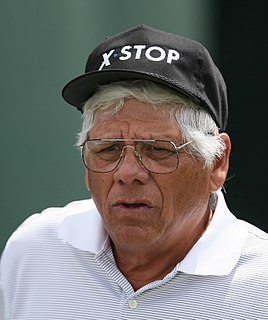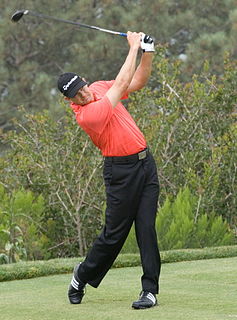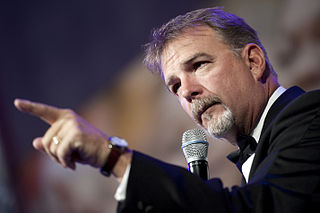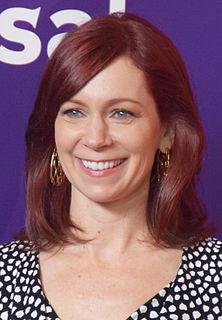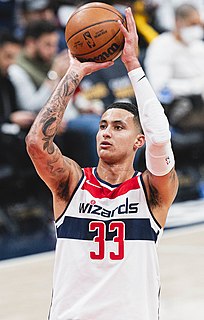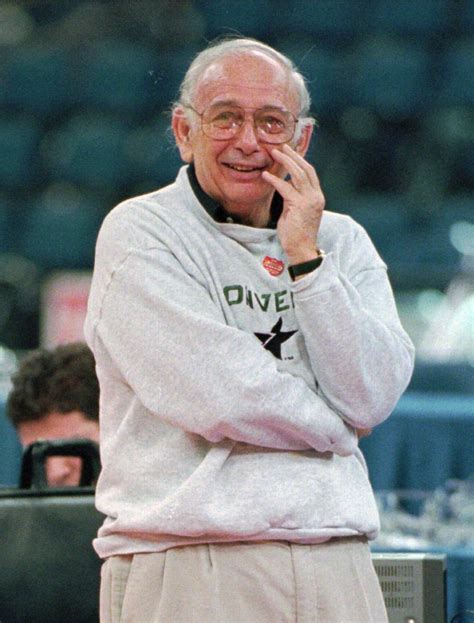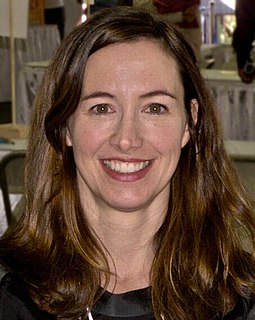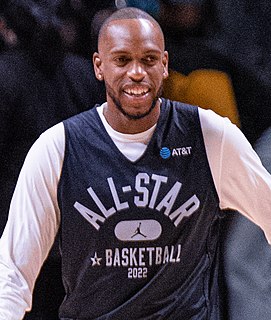A Quote by Nancy Johnson
I mean, one shot you treat like you have forty little matches instead of one forty shot match. It makes all the difference in the world. It's easier to just forget about a not so good shot.
Related Quotes
Every shot feels like the first shot of the day. If I'm on the range hitting shot after shot, I can hit them just as good as I did when I was 30. But out on the course, your body changes between shots. You get out of the cart, and you've got this 170-yard 5-iron over a bunker, and it goes about 138.
I'd like [Santa Claus] to give Wes Anderson, the director, enough money in his next budget for an aerial shot - just a little copter shot. He really wanted this one helicopter shot, and Disney wouldn't give him the money. Just wouldn't give him the money. Every day, he was talking to the studio about this helicopter shot.
If I'm ever working on a set and anyone talks about a master shot, I say there is no master shot. Before I even went to film school, I learned about movies by being in a British feature film, where everything was shot master shot, mid-shot, close-up. But I reject the idea of a master shot. You don't shoot everything mechanically; you find imaginative ways that serve the action.
'True Blood' is shot on film. It's more like a movie, and they take more days to shoot it, plus it has an hour of content. 'The Good Wife' is network. They're shooting on HD. It moves quicker and they only have forty minutes of content instead of a full hour. Not to mention the difference of shooting, you know, rated-R stuff!
And when I say [M2 was] lo-fi production, it was so great and grimy. I was used to that world anyway, because we shot in bars, we shot in thrift shops, we shot on the street. And the bars, they would have just opened, and still there was barf on the floor and beer. We certainly kept it real. It was a small crew.



